Employees in Hong Kong welcome new job opportunities

Demonstrating career proactivity and a desire for better opportunities, more employees are less likely to stay with their current employers for long.
Looking to hire? Try turning to former employees

Many employees in Singapore are willing to return to their previous employers if the conditions are right, and employers are welcoming them back.
Return to the office full time? Maybe, say employees

Despite an increasing number of employees returning to the office, they also recognise the benefits of working from home.
Taiwan’s job market sees increased demand for AI-related roles

Demand for AI expertise is surging as employers seek individuals proficient in ChatGPT, Midjourney, and Stable Diffusion.
One in two employees in Hong Kong expect post-retirement work

Changing demographics and rising living costs make it difficult for older adults to contemplate retirement, raising the age profile of the workforce.
Prioritising employee support in the shift to a net-zero economy

Affected employees need help in transitioning to new job opportunities and adapting to a new industry landscape, says an Australian non-profit.
Number of women working in Japan hits record high

Increasing gender equality remains a priority for Japan, where women have reached a 53.2% employment rate.
Employment among senior women grows in South Korea

As of June 2023, there are 1.91 million salaried women in their 60s in South Korea, which has contributed to a rise in female employment rates.
CEO pay is continuing to skyrocket: Do employees care?

While CEOs and their salaries are rising in recent times, should employees and, in turn the general public, be paying attention to how much they earn?
Employees in Malaysia lack opportunities to upskill and reskill

While employees in Malaysia recognise that upskilling and reskilling is essential, many are not receiving opportunities from their employers.
More women fall out of employment in Bangladesh

Rising adoption of new technology has seen Bangladesh’s working female population fall by more than two million in the last five years.
Treat employees like customers, starting with the hiring journey

Paul Thomas, Chief People and Culture Officer, Asia, SEEK, highlights why retaining the best talent starts during the recruitment process.
The next key pillar of HR: From human resources to human development
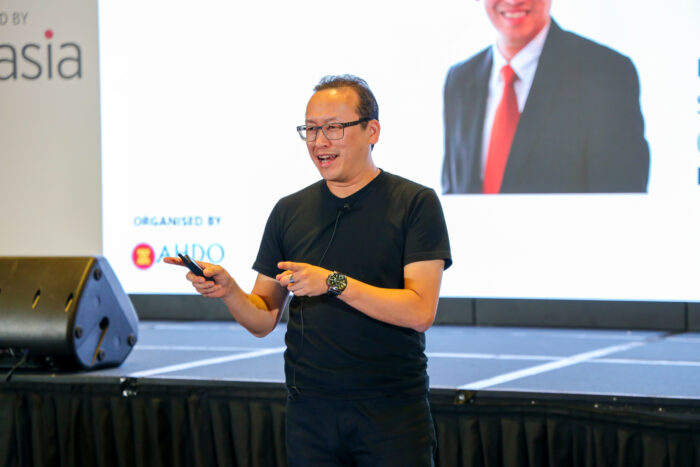
Fong Tuan Chen of Maybank speaks to HRM Asia about human development and explains what is delaying its implementation by organisations.
Petronas prioritises skill redeployment over layoffs

Amidst a changing energy landscape, Petronas is investing in its core portfolio and cleaner energy production.
Kellogg’s moves to remove credential requirements for job positions

The push to remove degree requirements for most job positions is part of Kellogg’s strategy to attract more job candidates from a wider talent pool.
Female employment rate hits all-time high in Australia

With more employees transitioning from part-time to full-time jobs, more than three million women are now enjoying full-time employment.
More managers choosing internal job candidates for new positions

Chosen ahead with external candidates with higher skills, internal candidates are also likely to show a higher level of effort after gaining promotion.
More employees choosing to stay in their current jobs

Layoff fears are driving employees to prioritise job stability over job hopping, with limited salary gains and increased stress serving as disincentives.
HR Tech Festival Asia 2023: Career flexibility and tech take centre stage
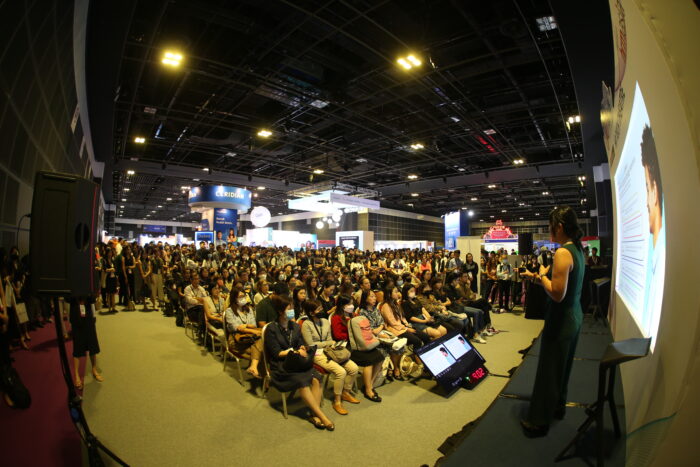
In the future of work, career flexibility is key, as is automating HR functions and exploring AI’s role in the workplace.
Race discrimination restricts access to leadership roles in Australia

Employers are showing bias and offering leadership positions to job applicants with English names over other ethnic minorities.
HR Tech Festival Asia 2023: HR transformation in the future of work
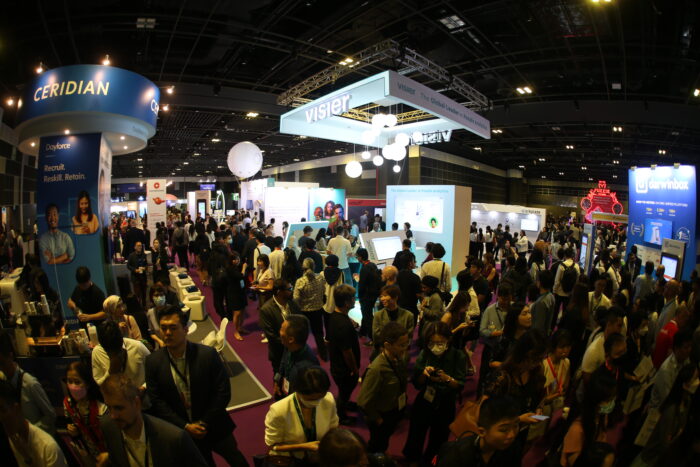
With the evolution of the workplace, HR leaders must recognise and embrace both opportunities and challenges.
HR Tech Festival Asia 2023: What’s happening on Day 2
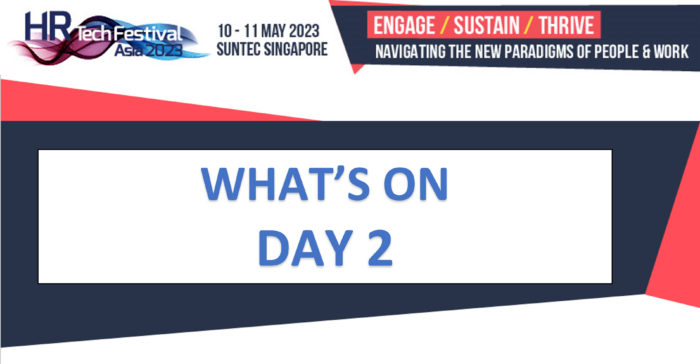
Day 2 of the HR Tech Festival Asia 2023 is jam-packed with presentations and innovations that will shape the way organisations work in 2023 and beyond.
Celebrating Asia’s top HR leaders and organisations

Winners of the HR Tech Festival Asia 2023 were recognised for setting the benchmark of excellence and innovation in the HR industry.
Employees in Singapore can expect slower wage growth this year
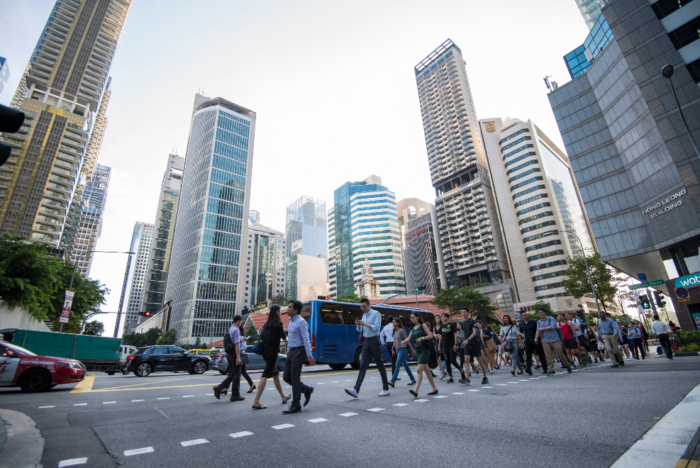
The Monetary Authority of Singapore has predicted slower wage growth, with uneven sectoral growth and skills mismatch contributing to hiring challenges.
Overconfidence in the workplace continues to widen gender pay gap

Employers need to find a more equal recruitment and promotion system to address inequalities in the workplace arising from men’s overconfidence.
Is Japan shifting away from lifetime employment?

A new report shows that creativity can be inculcated in employees lower in power when they are given time to engage in it more than once.
Taking proactive approaches to employee development

More organisations are now pivoting to a skills-based approach to people strategy, and are utilising AI and ML to meet the skills challenge.
How to best support your people in the new world of work

Rob Squires, VP, Regional Head of Asia and Japan, Ceridian, explains how organisations can cultivate a culture that allows their employees to thrive.
Organisations in Japan prioritise reskilling

Shifting to job-based employment helps firms identify desired skills and provides employees with opportunities for career advancements.
Redefining workforce agility and talent mobility
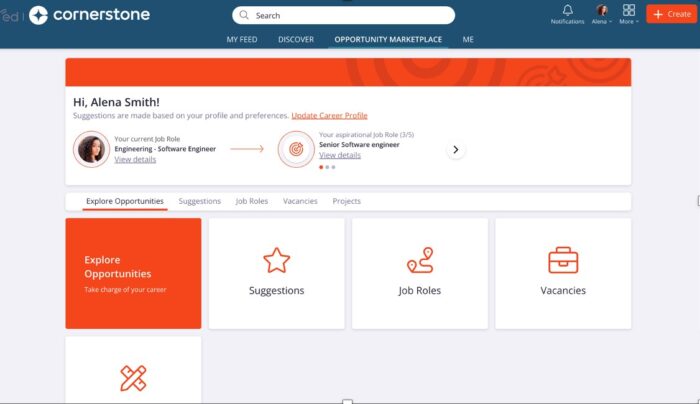
Cornerstone OnDemand’s new Opportunity Marketplace harnesses AI and transformational design to foster an agile and adaptable workforce.
